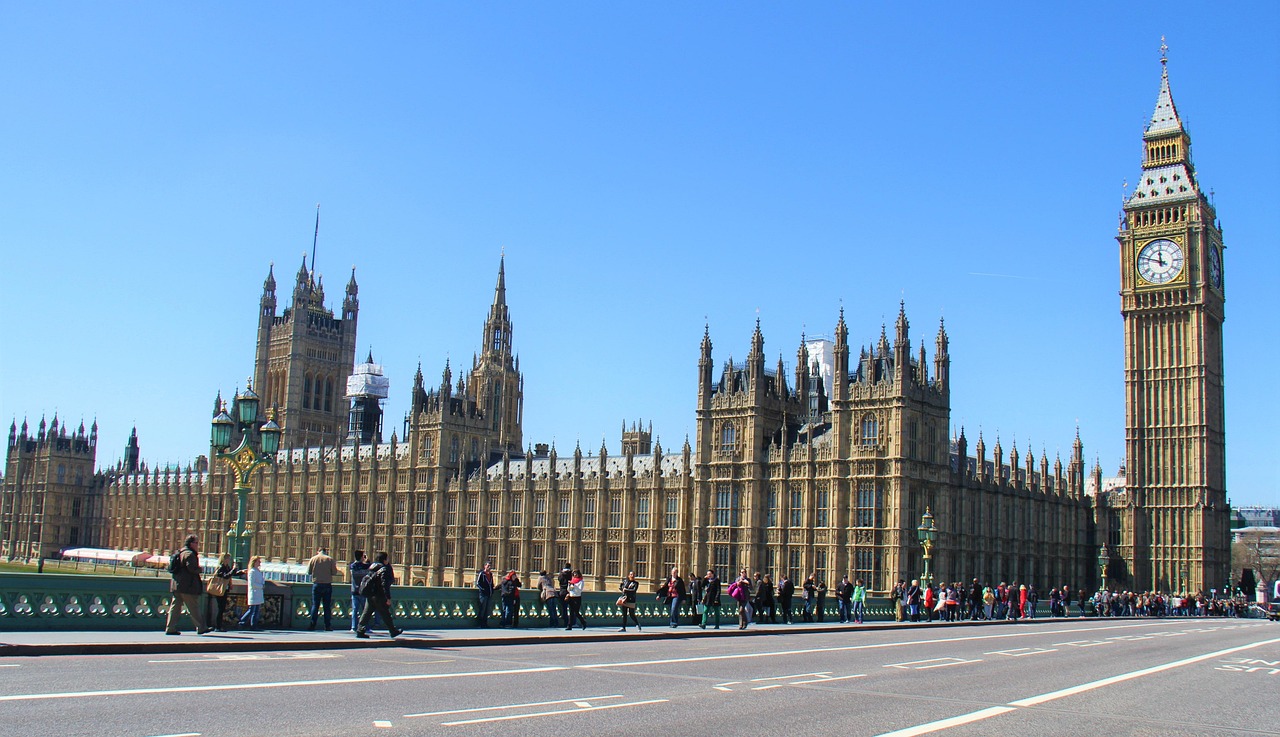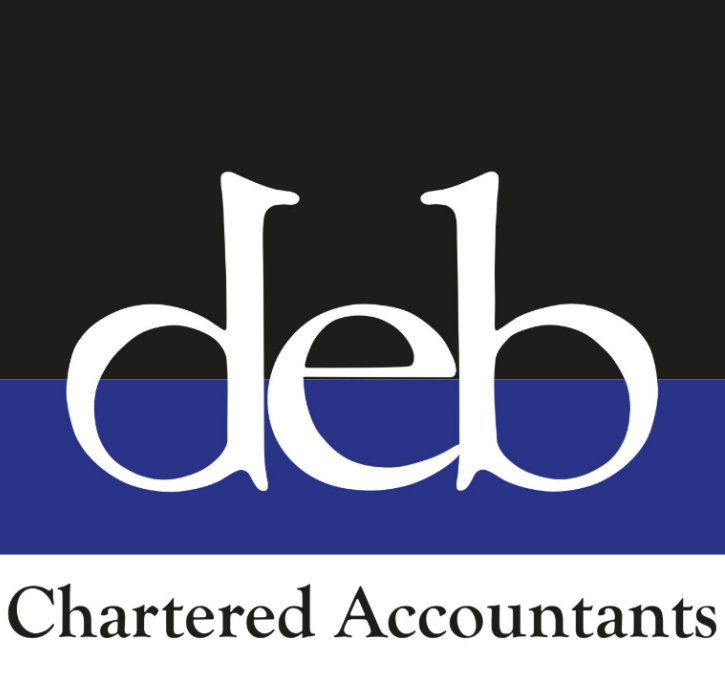
Jeremy Hunt, Chancellor of the Exchequer, delivered his Spring Budget 2024 speech on 6 March 2024. This potentially is the last budget before the next general election, which will need to be held before 28 January 2025. The Budget was designed to emphasise the government’s good achievements as well as to appear to lower taxes and curry favour with voters.
There was a strong emphasis towards making work pay and most headlines have focused on the cuts in National Insurance contributions for both the employed and self-employed. The Chancellor reiterated his view that lower taxes lead to growth and a more vibrant economy.
Efforts were also made to stimulate movement in the housing market with a reduction in capital gains tax for higher earners disposing of residential property. The government hopes that this may incentivise those with second homes and other residential properties to sell them and create additional housing supply for those looking to move home or get on to the property market.
However, it was not all good news for taxpayers and the Budget signalled the end of some long-standing tax reliefs for furnished holiday lettings and those who currently have non-domiciled tax status.
In their appraisal of the Budget, the Office for Budget Responsibility (OBR) has reported that while economic growth has been disappointing since November, they expect a steeper than expected fall in inflation and interest rates to lead to a strong recovery.
The OBR note that the cut in national insurance will be partly recouped through other tax rises. They also note that there is no longer an increase in public services spending and so they feel that the Budget plans allow the Chancellor to meet the government's financial aims on debt, but with only a small margin to spare.

From April, people drawing the state pension may see an increase of more than £500 a year, thanks to the government’s triple lock guarantee. The policy means the pension rises each year by whichever is higher: 2.5%, inflation, or average wage growth.

Small businesses looking to expand premises could soon find it easier following new government commitments to make business rates fairer. An interim report from the Treasury says that the Chancellor will examine ways to tackle “cliff edges” in the system - sudden jumps in rates that can discourage investment.
